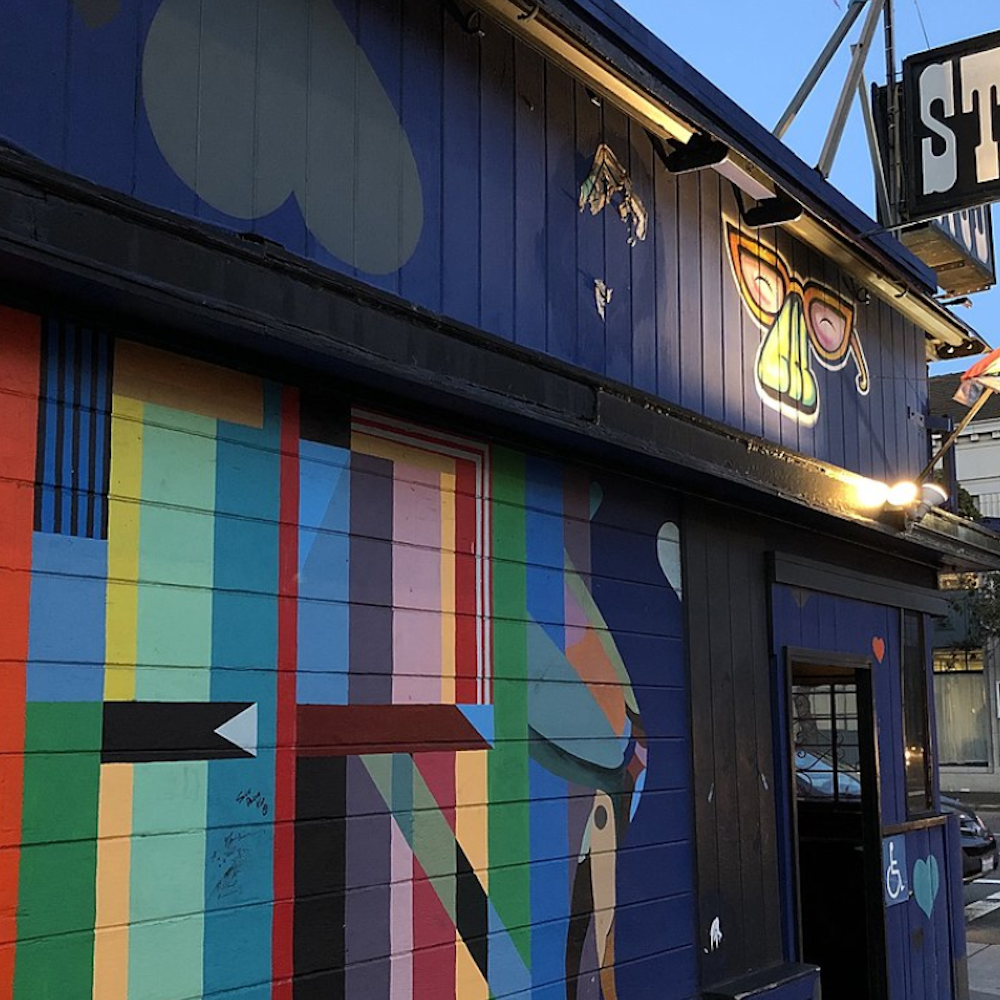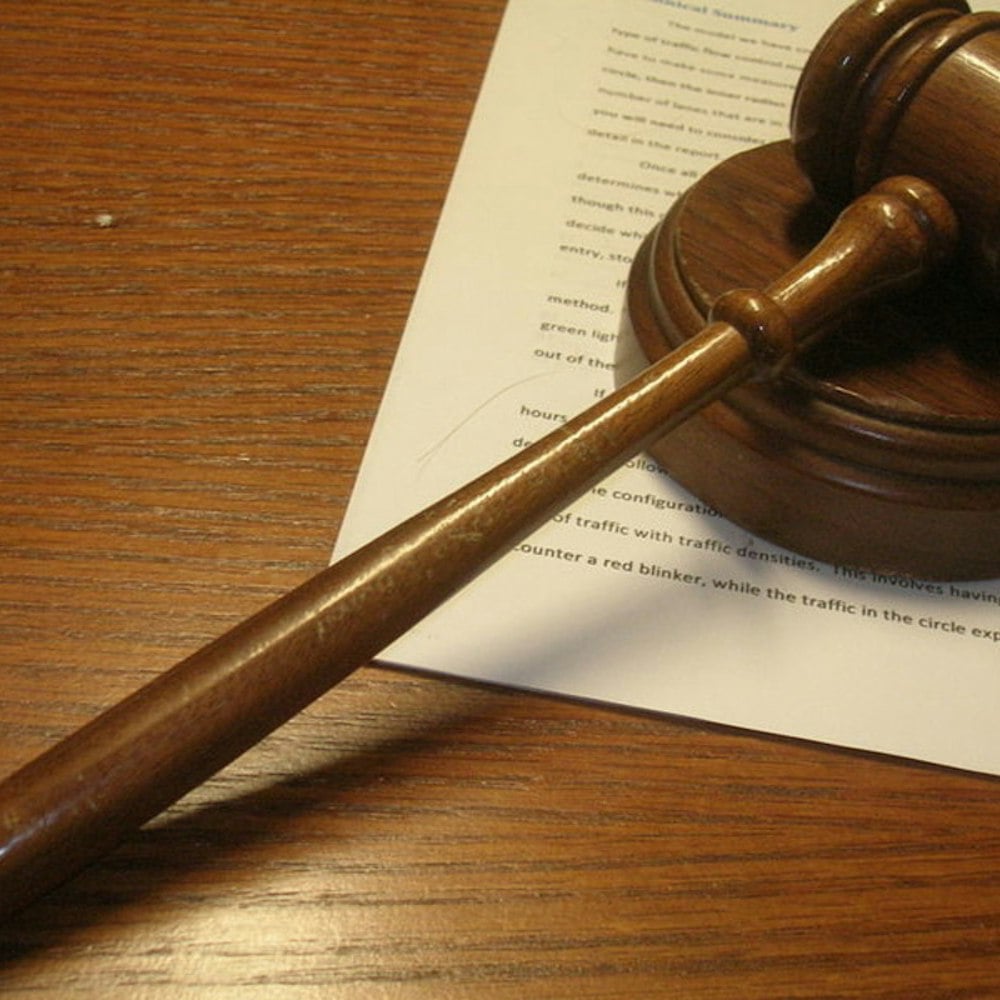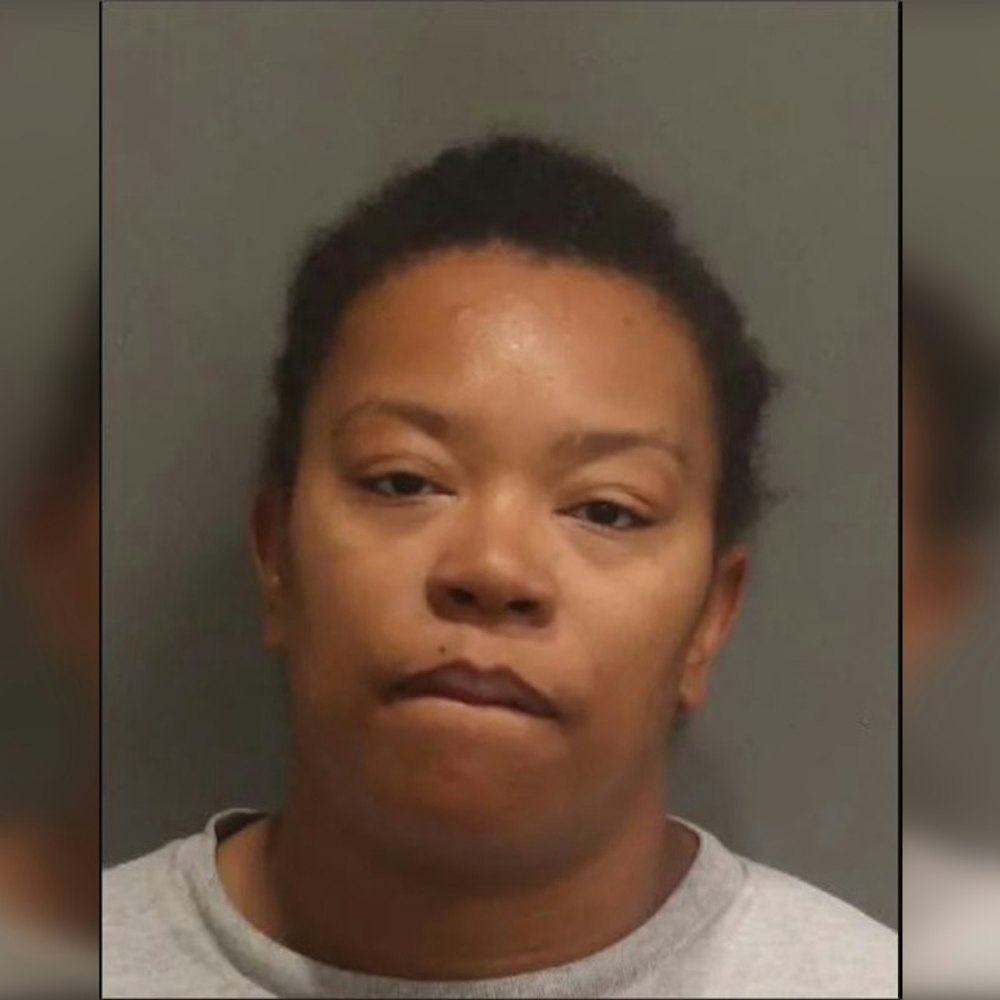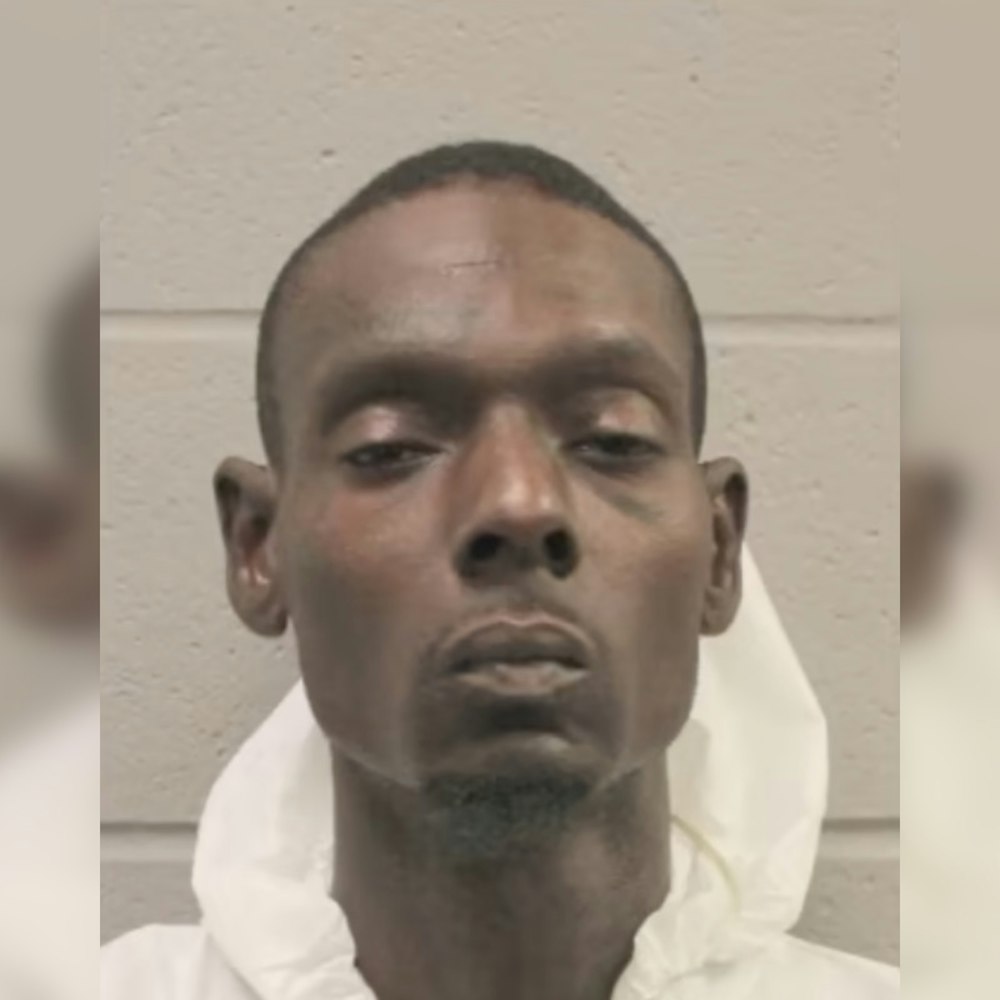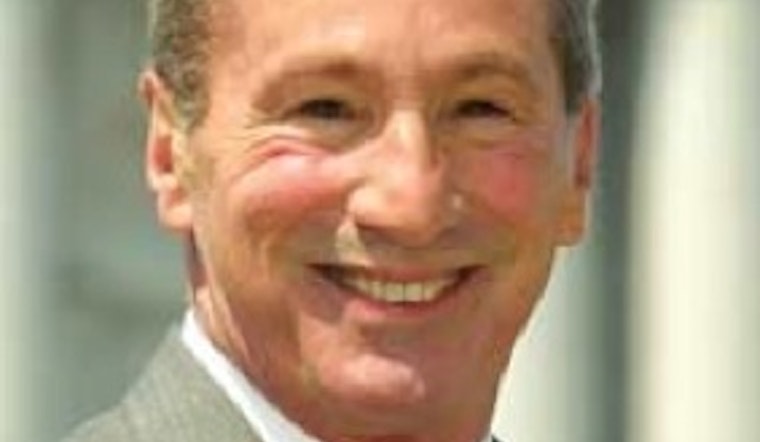
 SF's State Assembleyperson, former Castro Supe and one time Mayoral candidate, Tom Ammiano, Homeless Bill of Rights cleared a major hurdle on Tues. the 23rd when it passed through a key committee with a vote of 7-3. The bill now moves to the Assembly Committee on Appropriations, next up the Assembly, Senate, and finally-if all goes according to Ammiano's plan-the desk of Governor Jerry Brown for signature into law.
SF's State Assembleyperson, former Castro Supe and one time Mayoral candidate, Tom Ammiano, Homeless Bill of Rights cleared a major hurdle on Tues. the 23rd when it passed through a key committee with a vote of 7-3. The bill now moves to the Assembly Committee on Appropriations, next up the Assembly, Senate, and finally-if all goes according to Ammiano's plan-the desk of Governor Jerry Brown for signature into law.

The bill is officially known as AB5: The Homeless Person's Bill of Rights and Fairness Act. It establishes a string of legal protections for homeless people. Topping the list-drastically limiting local municipalities ability to enforce laws like SF's No Sit/No Lie ordinance.
"It cannot be criminal to be homeless." Ammiano has said in multiple interviews. He's been a champion of the homeless since he first started to climb the political ladder in the City. Now, as he terms out in Sacramento as SF's Assembly rep, he sees the Homeless Bill of Rights Act as one his political bucket list items that must be crossed off before time runs out. He and AB5 aren't without opponents including sometime ally and heir apparent of the coveted SF, Dist. Eight, Board of Supervisors seat, Scott Wiener. Wiener has said bluntly that he is 'very opposed' to AB5. Wiener also labeled it as 'inhumane' to the homeless community. He believes the Acts passage will help perpetuate at risk individuals to stay out on the street rather than transition through the shelter and City service system and eventually back into productive members of society.
 It would also require SF and other California communities to put together health and hygiene centers that would be open 24 hours a day. And finally Sit/Lie ordinances would be contingent upon the homeless needing medical assistance and housing. Opponents believe this is an end run around the intent of No Sit/No Lie leaving the laws essentially useless.
AB5 is supported by a variety of Homeless advocate groups including SF's Coalition on Homelessness (COH )and is co-sponsored by Western Regional Advocacy Program. According to figures from the COH, SF spends $12 million bucks a year on arresting, citing, prosecuting, and harassing people whose only crime is being too poor to find a place to live. Why not shift that money to solution versus prosecution?
Opponents see the Act in a completely different light. They believe Ammiano's bill goes in the wrong direction. In a recent editorial the SF Chronicle said,
It would also require SF and other California communities to put together health and hygiene centers that would be open 24 hours a day. And finally Sit/Lie ordinances would be contingent upon the homeless needing medical assistance and housing. Opponents believe this is an end run around the intent of No Sit/No Lie leaving the laws essentially useless.
AB5 is supported by a variety of Homeless advocate groups including SF's Coalition on Homelessness (COH )and is co-sponsored by Western Regional Advocacy Program. According to figures from the COH, SF spends $12 million bucks a year on arresting, citing, prosecuting, and harassing people whose only crime is being too poor to find a place to live. Why not shift that money to solution versus prosecution?
Opponents see the Act in a completely different light. They believe Ammiano's bill goes in the wrong direction. In a recent editorial the SF Chronicle said,
"San Francisco spends more than $200 million per year to house, treat and feed homeless people, who number between 5,000 and 10,000. In return, people living on the street get services, not welfare cash. Panhandling is restricted and homeless people are not permitted to sleep on sidewalks, although those laws remain a low priority for police. San Francisco has employed a balanced approach - blending relatively plentiful services with reasonable restraints on behavior that intrudes on others. True, those quality-of-life laws do not address the underlying causes of homelessness - poverty, mental illness, drug abuse - but they signal a commitment to maintain a livable city for all while offering food and shelter to those without homes."





